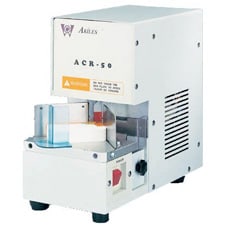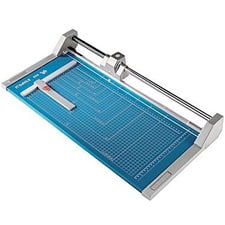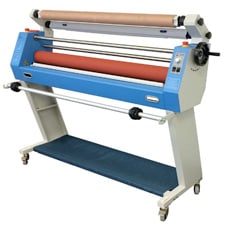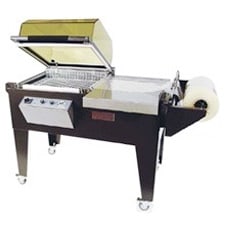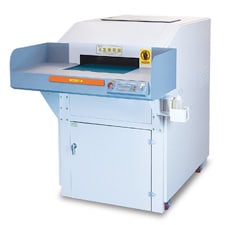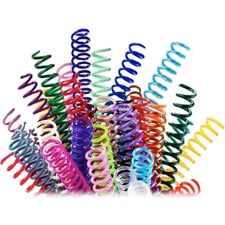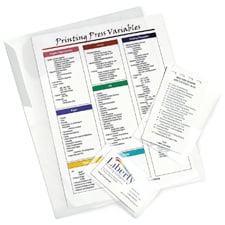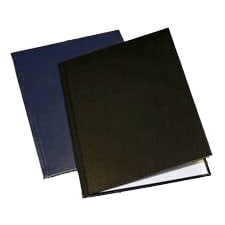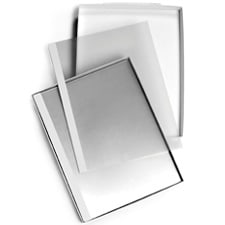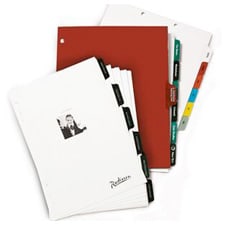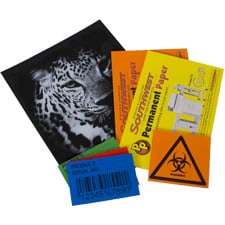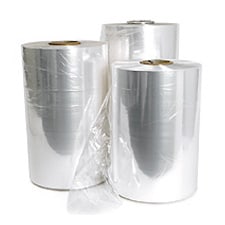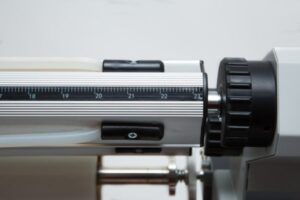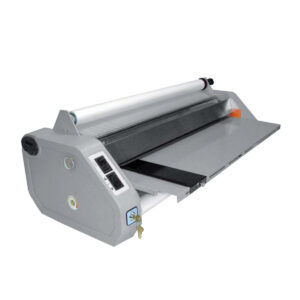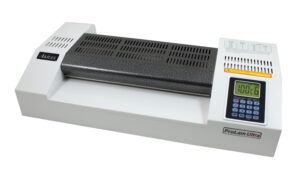How to Store Important Documents
How to Store Important Documents
If you’re like many people, your important documents may be tucked haphazardly into a junk drawer or only semi-organized in your home office. But you’ve probably thought, I should get those organized at some point. And it’s true, you should!
You never know when you’ll need to access important information, like financial documents or medical records. Having it all in one place will make any situation—small or stressful—easier to handle.
But that’s not the only reason you should organize your personal documents. Natural disasters and home accidents can happen at any time. In the unlikely event that you do experience a burglary, house fire, flood, or natural disaster, you’ll definitely want your important papers and other personal effects safe and sound. You likely have letters from loved ones, photos of friends and family members, small trinkets, and/or children’s artwork around that you want to keep in pristine condition.
Keep reading to learn how to store important documents and possessions for years to come.
A Few Ways to Keep Paperwork Safe
First, you’ll need to decide what you want to keep in your home and what you might want to move. Your bank likely offers safety deposit boxes, which are far safer from burglars or disaster. You should use this for original documents that you don’t access often, like birth and marriage certificates, insurance policies, wills, and other legal documents. Just make sure you make a copy of them to keep at home for your own reference!
For anything else, we recommend utilizing a filing cabinet with hanging files and a home safe.
Choose a fireproof and lockable storage box that’s rated to withstand at least 125 degrees Fahrenheit for at least one hour; higher temperature thresholds and time limits will cost you more money, but they do offer more protection. You should put any financial documents and anything you could not possibly part with in this safe. In case of a burglary, you don’t want them to have access to any financial information. In the instance of a fire, the fireproof rating will keep all of your items safe.
The file cabinet, on the other hand, can hold things that you need to reference often but that can be easily replaced, such as copies of documents that have digital counterparts. For instance, if your health insurance company has your policy online, you can keep a physical copy for quick reference but still have peace of mind knowing that if the physical copy were destroyed, you could easily get a replacement.
Document Protection
Protecting your documents is crucial. Over time, air, dust, and bacteria can eat away at fragile papers, while sunlight can bleach them. To fully protect your documents, choose one of the following methods:
Lamination
Lamination is ideal for non-government documents that you want to keep in excellent condition. Laminating a social security card, for instance, renders it invalid; however, laminating a list of emergency contact information or record of your family’s medical histories is an excellent idea.
A pouch laminator, like the Akiles ProLam Plus 330, and lamination pouches are the perfect combination for documents of all sizes. Pouch laminators are incredibly easy to use: All you do is put the document into your lamination pouch and put it through the machine. Once done, your documents will be protected from rips, tears, and water damage!
Sheet Protectors
Use top-loading sheet protectors for documents you can’t laminate or that you need to update more frequently. These sheet protectors are archival quality, so time and air won’t be a problem. Once you load all of your other documents into your sheet protectors, use three-ring binders to organize them.
You may want to use separate binders for house, medical, and financial information—just remember to keep financial documents in a locked safe!
Shrink Wrap
Shrink wrap is a great choice for oddly shaped items, such as small heirloom items. Use the SuperShrink I-Bar Shrink Wrap System and 100-gauge polyolefin shrink wrap film to keep your valuables safe.
Shredder
Sometimes the best way to protect your information is to shred it! After you follow the steps below to determine what to keep and what to toss, shred anything in the latter pile, especially anything with your name, address, or social security number on it. You should also shred financial documents that you no longer need.
Do you need help figuring out what you should keep and what’s okay to toss? Our quick guide below can help you figure it out in just one afternoon!
What Documents to Keep
There are some things that everyone should have quick access to, while others may vary depending on your situation. Here’s how to go through all your papers and decide what’s truly important to you.
First, gather up all the documents you have—yes, all of them! This may be a large stack, but don’t worry, you’ll make quick work of it. Go through the stack page by page and add each page to one of three piles: Action, File, and Purge.
Action
This pile is anything that requires immediate follow-up. This could include outstanding bills, forms to fill out, or paperwork to return. We recommend doing this right away, so your to-do list doesn’t get even longer!
File
You should really have three file piles for anything that you want to save.
Keep the following indefinitely:
- Birth certificates
- Social security cards
- Marriage certificates
- Death certificates
- Education records
- Insurance policies
- Medical records
- Will
- Power of attorney
Keep the following for as long as they are applicable or active:
- Property deeds
- Legal documents, like contracts
- Real estate documents, like your mortgage
- Home improvement receipts
- Insurance policy documents
Keep the following for up to seven years, per the IRS:
- Tax records
- Pay stubs
- Bank statements
- Credit card statements
- Expense reports
Purge
The rest of it, you can likely toss. Like we mentioned above, shred anything with sensitive information on it.
Are you ready to start protecting your important documents? Filmsource has all the supplies you need to keep your information private and secure. To find out how else we can help you streamline and organize, give us a call today!

